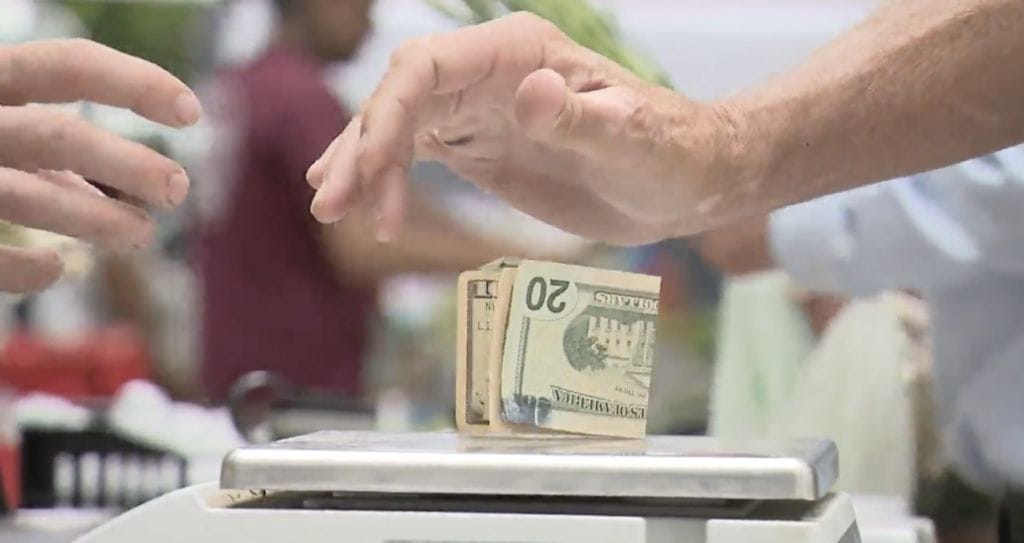The following is from Beckers Healthcare Review.
A jury ruled that St. Petersburg, Fla. based Johns Hopkins All Children’s Hospital must pay a family $211 million in a case made famous by a Netflix documentary, the Tampa Bay Times reported Nov. 9.
The family of 17-year-old Maya Kowalski had sued the hospital after it reported her mother, Beata, for suspected child abuse in 2016 after she requested ketamine to treat her daughter for chronic pain.
The girl was removed by the state and sheltered at the hospital for three months, a time during which Beata Kowalski [committed] suicide.
The Netflix documentary “Take Care of Maya,” released in June, was viewed nearly 14 million times in the first two weeks.
On the third day of deliberation following an eight-week trial, the six jurors ruled with the family on all the questions it was asked to address, including that the hospital falsely imprisoned the girl when it didn’t allow her to leave with her family, according to the Times.
The jury also awarded damages for a hospital social worker photographing the girl without the family or a court’s permission and kissing, hugging and having her sit on her lap.
“It was a totally dysfunctional organization, and the Kowalskis paid the price,” the plaintiffs’ attorney, Greg Anderson, said during closing statements Nov. 7, according to the newspaper.
The hospital will likely end up paying more than the $211 million because it was also ordered to pay punitive damages for false imprisonment and battery, the news outlet reported.
An attorney for the hospital said it planned to appeal the verdict.
“The facts and the law remain on our side, and we will continue to defend the lifesaving and compassionate care provided to Maya Kowalski by the physicians, nurses and staff of Johns Hopkins All Children’s Hospital and the responsibility of all mandatory reporters in Florida to speak up if they suspect child abuse,” the attorney, Howard Hunter, said in a statement to Becker’s.

The Lemonade Mermaid Store
Unique gifts for Land or Sea Mermaids, Mer-pets and Little Mermaids!
Left: Our signature Fish Scales design tote bag in Citrus




211 million!
Whoa!
speak up if they suspect child abuse,”
Well that’s exactly what happened, your hospital was suspected of child abuse and it was proven in a court of law that you are guilty.
$211 is excessive… should have shipped them all back to mexico
organizations get too big for their own britches, get big heads, think they know it all,
this decision is good, sad that it had to get to this, but good.
I don’t know all the details so I can’t agree or disagree with the settlement. I can say, there ought to be caps on lawsuit amounts. Huge settlements are part of the reason much of our services, not just medical are so high priced. They pass along their high malpractice and/or liability insurance to the rest of us. So who REALLY pays these settlements in the end? Look in the mirror!
It would be interesting to find out if there’s some financial incentive paid out to healthcare providers or hospitals for reporting child abuse (like they did with COVID tests, diagnoses, deaths). Part of the reason the family stayed with the suit was to fight for families in similar situations because it apparently happens more often than we know.
The question unanswered here was whether Beata Kowalski did in fact abuse Maya! We are left to assume that answer is NO and we know what assume ends up being! There must have been some investigation that produced evidence one way or the other.
Regardless of that answer, Beata Kowalski committed suicide; she was not murdered by St. Johns so where does accountability for the hospital’s actions BEGIN regarding Mrs. Kowalski’s suicide? Where were other family members who must have seen depression in Mrs. Kowalski.
Full disclosure: I did not see the Netflix documentary but I have seen some bogus documentaries in the past. Documentaries should not be used in a court of law as biases could be in play in every one.